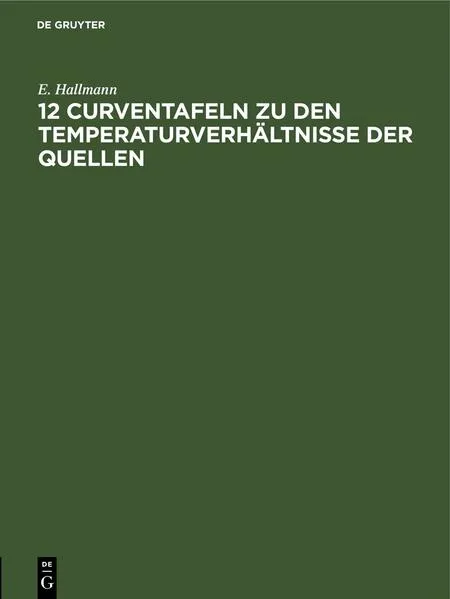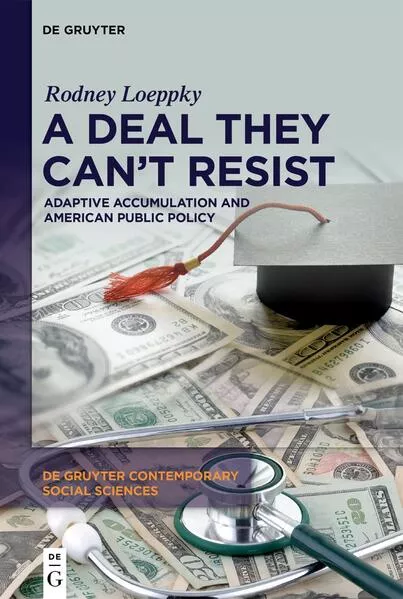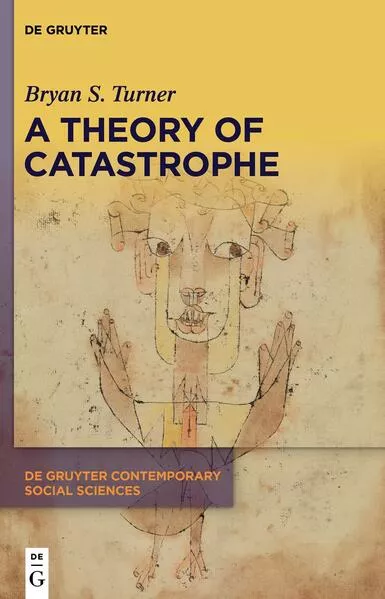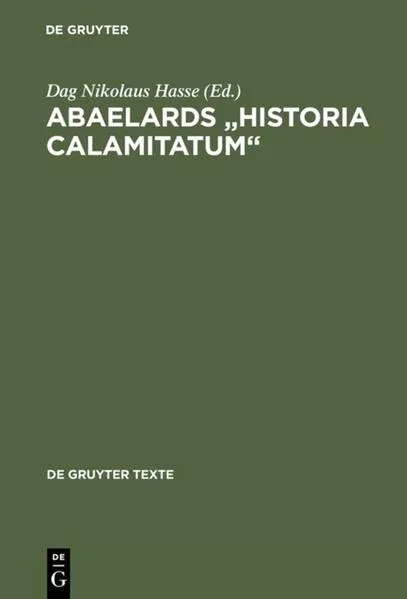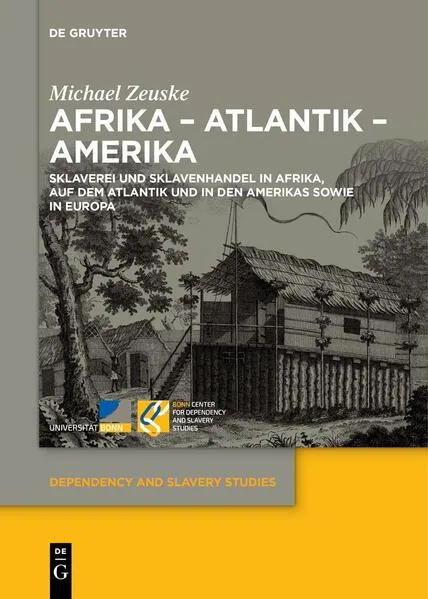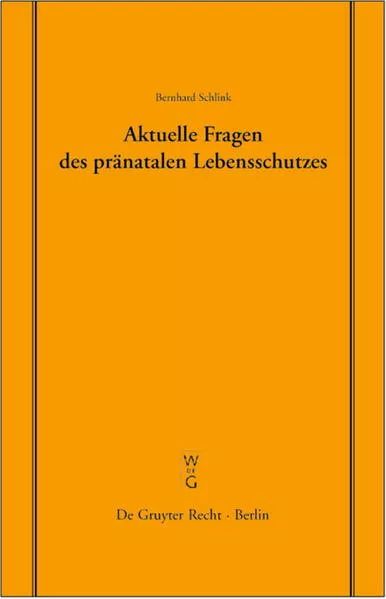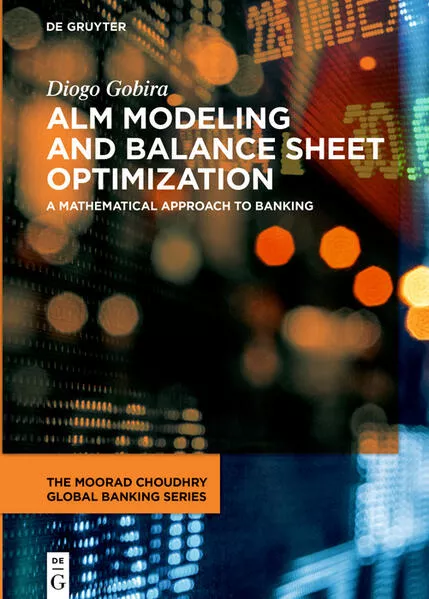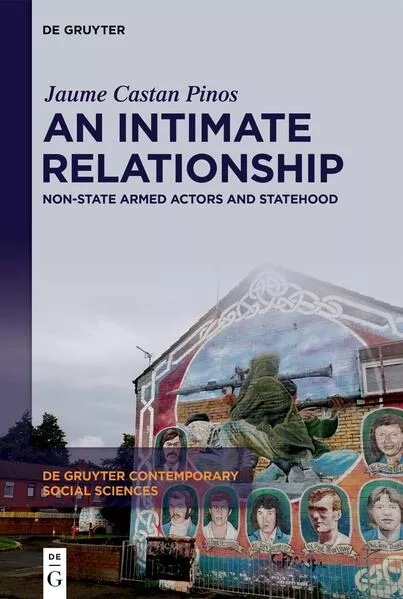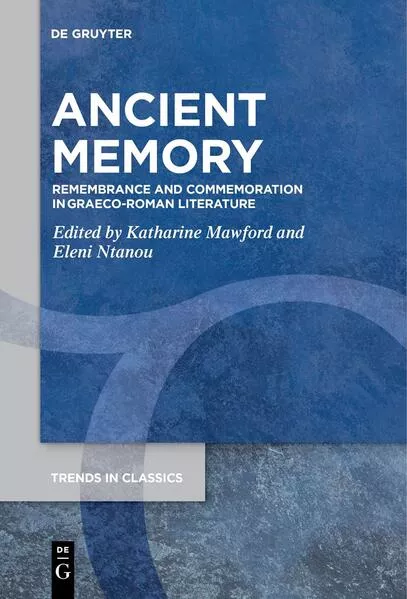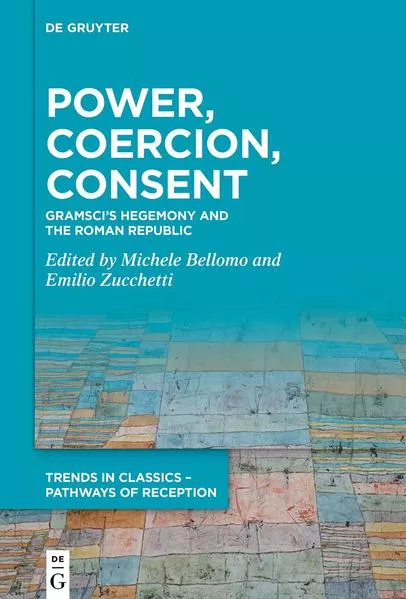
Power, Coercion, Consent
Gramsci's Hegemony and the Roman Republic
This volume brings together scholars of Roman history, archaeology, history of political thought, Italian literature, and political philosophy to reflect upon the Roman Republic from its origins to the Principate (509–27 BC) by employing Gramsci’s concept of "hegemony". The use of hegemony as a category in historiographical interpretation is often limited to a cultural domination through consensus, especially in English-speaking scholarship, excluding any form of coercion. The volume aims to redress this disposition by appealing to a reading of Gramsci’s hegemony as a dialectical process: it proposes a collective use of Gramscian categories for the study of the political and social conflicts of the Roman Republic. After some theoretical contributions about these categories, and other philosophical approaches to the study of the Roman Republic (such as Machiavelli and Althusser), sections on "Urban Politics", "Imperialism and Provincial Administration", "Archaeology and Romanization", and "Political Narratives" explore Roman Politics and the internal conflict that characterized it in different geographical and chronological contexts, concluding with an "Epilogue" on the transition from the Republic to the Augustan Principate.
Unterstütze den lokalen Buchhandel
Nutze die PLZ-Suche um einen Buchhändler in Deiner Nähe zu finden.
Bestelle dieses Buch im Internet
| Veröffentlichung: | 14.07.2023 |
| Höhe/Breite/Gewicht | H 23 cm / B 15,5 cm / - |
| Seiten | 400 |
| Art des Mediums | Buch [Gebundenes Buch] |
| Preis DE | EUR 149.95 |
| Preis AT | EUR 149.95 |
| Auflage | 1. Auflage |
| Reihe | Trends in Classics – Pathways of Reception |
| ISBN-13 | 978-3-110-77192-3 |
| ISBN-10 | 3110771926 |



